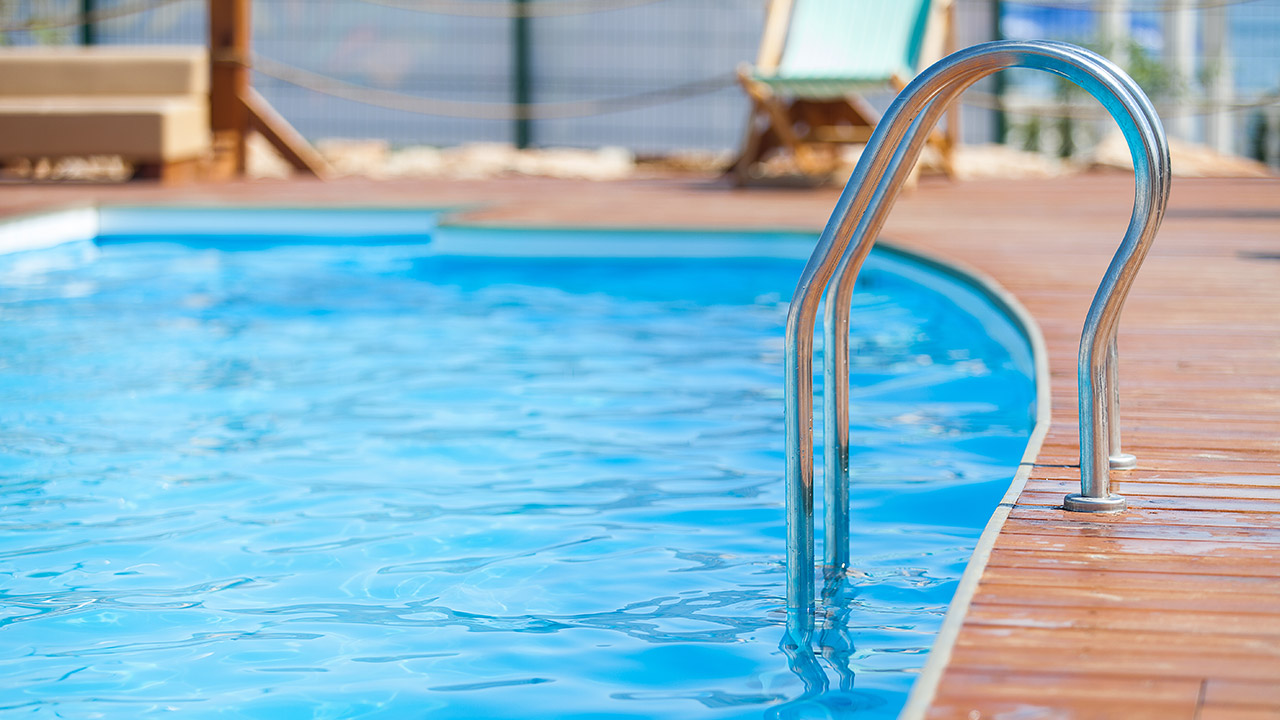
A swimming pool is not exactly a foreign feature among homes. In fact, if you’re looking to buy a home, the odds of finding one with a pool are pretty high, especially further south. And just like any other component in a home, they’re subject to break down over time.
When you put in an offer to buy a home, you’ll likely insert a home inspection contingency in the contract that gives you the opportunity to have the home scoped out by a professional in case there are major issues with the property that need to be rectified. But while you’re at it, you should seriously consider having the pool inspected too.
Inspecting a pool is out of the average home inspector’s scope. It’s not very often that a pool will be covered in a home inspection, and even if it is, many inspectors do not have the skill-set and experience to deal with these components. In fact, the majority of inspection reports will include a disclaimer releasing them from any liability if they miss any issues with the pool.
Here are some reasons why you should specifically hire a pool inspector before sealing the deal on a new home.
Pool Equipment is Intricate
There’s a lot more that goes into the operation of a pool than meets the eye. Aside from the actual pool itself (which should be inspected for any cracks or leaks), there are a few key pieces of equipment that need to be carefully assessed, including the pump, filter, and heater (if there is one).
The surrounding surface should also be inspected, whether there is patterned concrete, natural stone, pavers, or any other type of material to ensure it’s in good condition and safe for you and your family to walk on near the water.
Any pool cover and associated hardware used to move and secure it in place should also be inspected, which is something most home inspectors are not well versed in. Experienced pool inspectors will test the overall operating condition of the pool and its equipment to ensure they’re in good working order.
Plumbing Leaks Can Be Uncovered
Even if home inspectors take a stab at inspecting the pool, they likely won’t be able to determine the state of the plumbing pipes, which is critical. Any leaks along the pipelines can be a major problem that can be time-consuming, labor-intensive, and very expensive to fix.
If necessary, an experienced pool inspector might recommend having a pressure test done to the plumbing system, which is definitely not something your average home inspector is used to doing.
Main Drains Will Be Inspected
A critical aspect of a pool inspection is ensuring that the pool has the appropriate covers over the drain and suction outlets. Ideally, these covers should be government approved, and the inspector should be familiar with all state laws regarding pools and drain covers.
The Security Fence Will Be Inspected
All jurisdictions have their own specific rules governing fencing around pools, which offer a means of protection for children who may happen to wander into a pool area by themselves. While the specifics may vary from one municipality to another, they will all require gates that are both self-closing and self-latching. Again, a professional pool inspector will be familiar with the local requirements.
A Detailed Inspection Report Will Be Provided
Like a standard home inspection, you will get a detailed report from your pool inspector which will detail what was inspected and will outline any issues that may have been uncovered during the inspection. This professional will go through the report with you to ensure you understand exactly what is in it and highlight more important issues that need your attention.
Should any repairs need to be made that are detailed in the report, you can use this information to perhaps renegotiate with the seller to either reduce the purchase price or ask to have the repairs made before you take possession of the home.
The Bottom Line
Considering how expensive a swimming pool and all of its components are, it makes sense to ensure the one that comes with the home you’re buying is in good condition. The last thing you want is to have to dump a few thousand dollars into fixing issues with your pool shortly after moving into your new home. To avoid this unpleasant and expensive situation, call the experts in pool inspection before signing on the dotted line.



